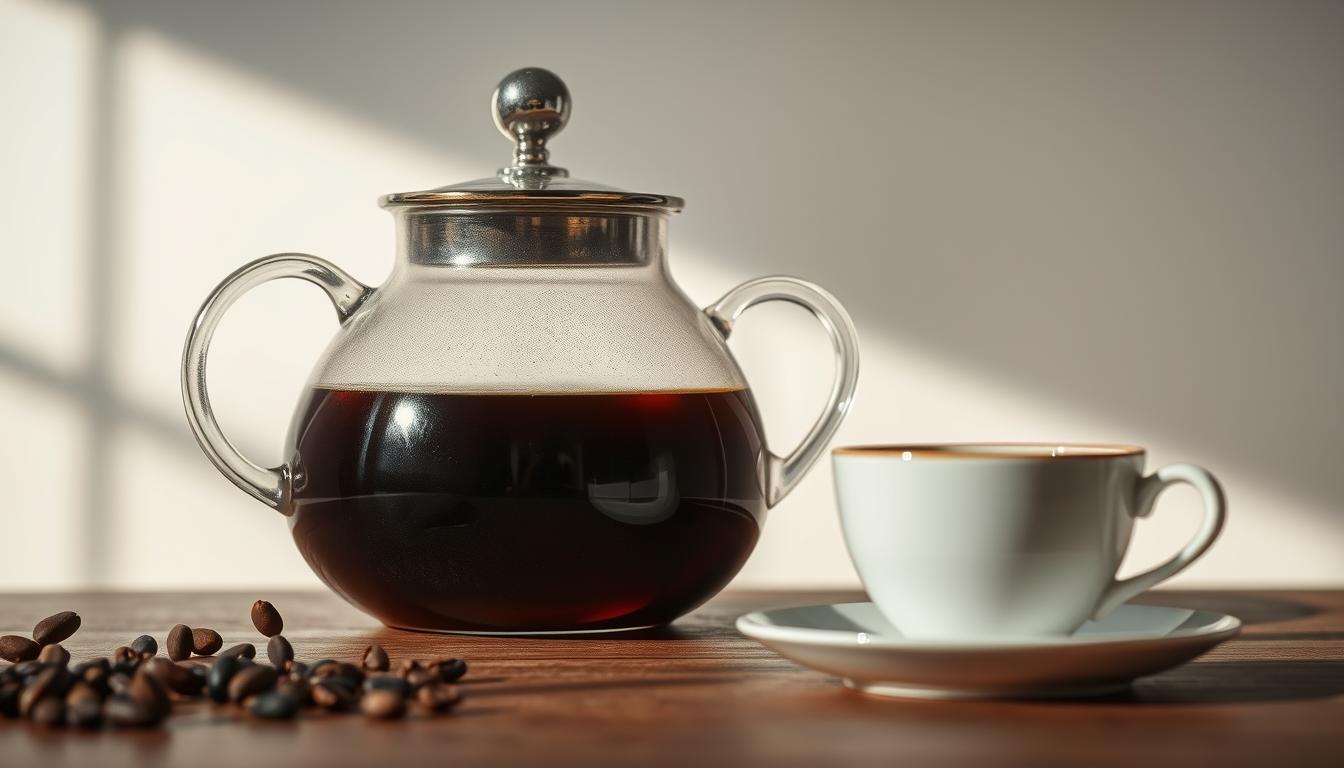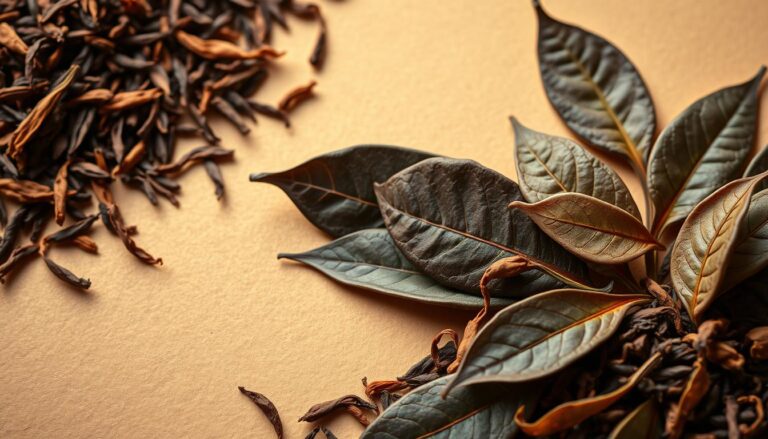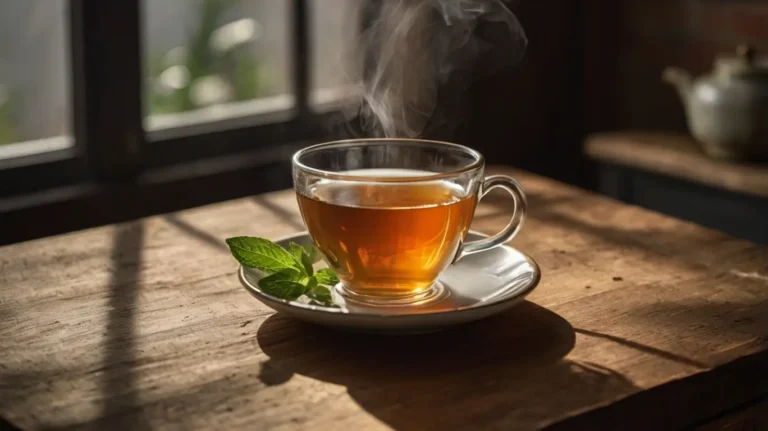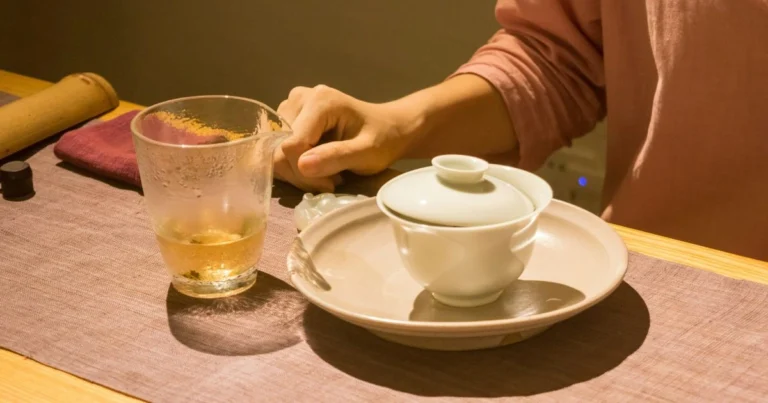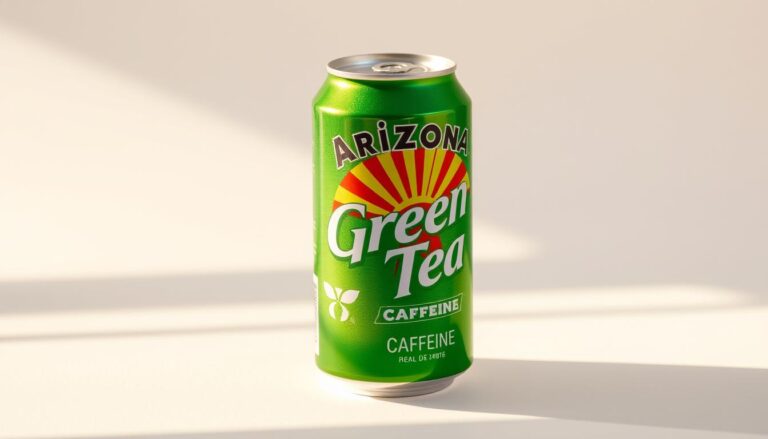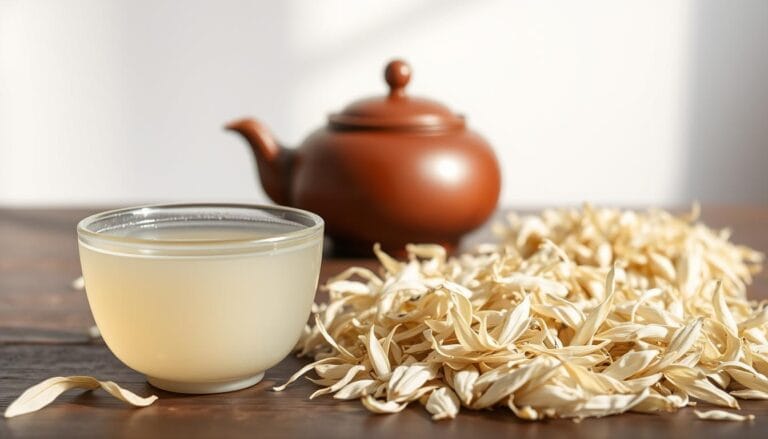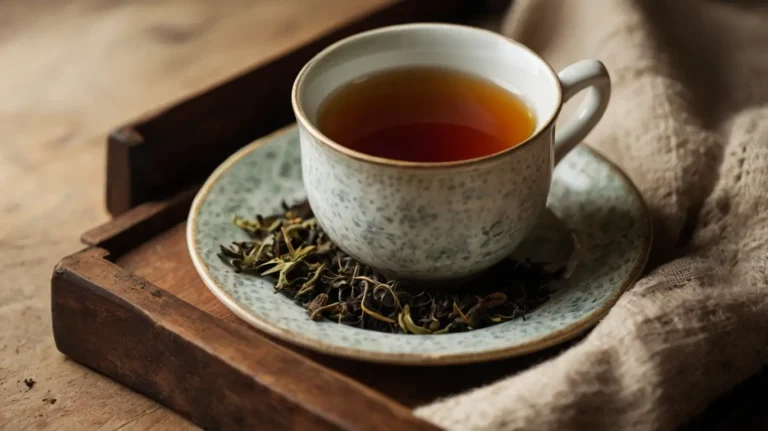Black Tea Caffeine Content: 5 Facts You Must Know Before Drinking
Have you ever settled into your favorite chair, wrapped your hands around a steaming cup of black tea, and felt that gentle wave of warmth wash over you? As you savor each sip, a world of flavors unfolds. However, beneath that comforting exterior lies an essential aspect that often goes unnoticed: the black tea caffeine content.
Understanding the levels of caffeine in black tea is crucial, especially if you’re conscious about your daily intake. It’s more than just a delightful drink; it holds unique characteristics that set it apart from other beverages, like coffee and herbal teas. So, let’s dive into the world of black tea and uncover the caffeine content you need to know before your next cup.
Understanding Black Tea Caffeine Levels
When you enjoy your black tea, the caffeine can vary a lot. Knowing what affects caffeine in black tea helps you pick the right tea. Many things, like the tea leaves and how you brew it, play a role.
What Affects Caffeine Levels in Black Tea?
Several factors influence caffeine in black tea:
- Type of Tea Leaves: Different types, like Assam and Darjeeling, have different caffeine levels.
- Processing Methods: How the leaves are processed can change their caffeine content.
- Steeping Time: Steeping for longer releases more caffeine.
- Water Temperature: Hotter water extracts more caffeine.
Comparing Different Types of Black Tea
Let’s look at how caffeine levels vary in different black teas:
| Type of Black Tea | Caffeine Content (mg per 8 oz) |
|---|---|
| Assam | 60-90 |
| Darjeeling | 30-50 |
| Ceylon | 40-70 |
| English Breakfast | 40-70 |
These examples show how caffeine levels can differ. By understanding these factors, you can pick a tea that fits your caffeine needs.
Average Caffeine Content in Black Tea
Black tea’s caffeine content is a topic of interest. It’s important to know how it stacks up against other drinks. On average, black tea has 40 to 70 mg of caffeine per 8-ounce cup. This makes it a good choice for those who want a bit of caffeine without too much.
How Much Caffeine is in a Cup of Black Tea?
The amount of caffeine in black tea can change based on a few things. These include how long it’s brewed and the type of tea leaves. Usually, an 8-ounce cup has 40 to 70 mg of caffeine, with 50 mg being the most common. This amount is just right for boosting alertness and focus without causing too much jitters.
Variations in Caffeine Amount by Brand
Black tea brands can have different caffeine levels. For example, Twinings has about 40 to 60 mg per cup. Lipton might have up to 70 mg. If you choose loose leaf teas or specialty blends, the caffeine can vary even more. Knowing this helps you control how much caffeine you get.
Black Tea Caffeine Content: Facts You Must Know
Exploring the benefits of black tea caffeine shows how it can improve your health and daily life. Drinking it in moderation can make you feel more alert and happy. It also has antioxidants that help your overall health.
Health Benefits of Consuming Caffeinated Black Tea
Black tea does more than just give you a caffeine boost. It can help you lose weight by speeding up your metabolism. Its antioxidants fight off harmful stress and may lower the risk of serious diseases. Plus, it can sharpen your mind, making it great for when you need to focus.
How Caffeine in Black Tea Affects Your Body
It’s important to know how black tea caffeine works in your body. It can make your heart beat faster and give you more energy. But too much can make you feel anxious. It’s key to find the right amount to enjoy its benefits without the downsides.
| Health Effects | Positive Impacts | Negative Impacts |
|---|---|---|
| Alertness | Boosts focus | Anxiety |
| Metabolism | Aids in weight management | Increased heart rate |
| Antioxidants | Reduces oxidative stress | Insomnia (if overconsumed) |
Best Black Tea for Caffeine Boost
If you need a caffeine boost to energize your day, several black teas are perfect. They have strong flavors and energizing properties. These teas give a big caffeine lift and taste great too.
Top Recommendations for Energizing Black Teas
Here are some top picks for both taste and energy:
- English Breakfast: A classic with a strong, malty flavor. It has more caffeine, great for mornings.
- Earl Grey: With bergamot, it has a unique taste and a good caffeine kick. It’s energizing all day.
- Assam: From India, it’s bold and has lots of caffeine. Perfect for extra energy.
- Darjeeling: Known as the “Champagne of teas,” it has less caffeine but tastes complex. It keeps you refreshed.
Seasonal Blends and Unique Varieties
Seasonal blends offer exciting flavors that are also energizing. Try Pumpkin Spice Black Tea in fall or Hibiscus Black Tea in summer. Each sip is a new experience. Here’s a table of some seasonal options:
| Tea Blend | Caffeine Content (mg per 8 oz) | Flavor Profile | Best Season |
|---|---|---|---|
| Pumpkin Spice Black Tea | 40-70 | Warm, Spiced | Fall |
| Peach Black Tea | 40-70 | Fruity, Sweet | Summer |
| Cranberry Black Tea | 40-70 | Tart, Refreshing | Winter |
Choosing the right tea meets your caffeine needs and makes drinking tea better. Whether you like traditional or seasonal teas, there’s a lot to choose from.
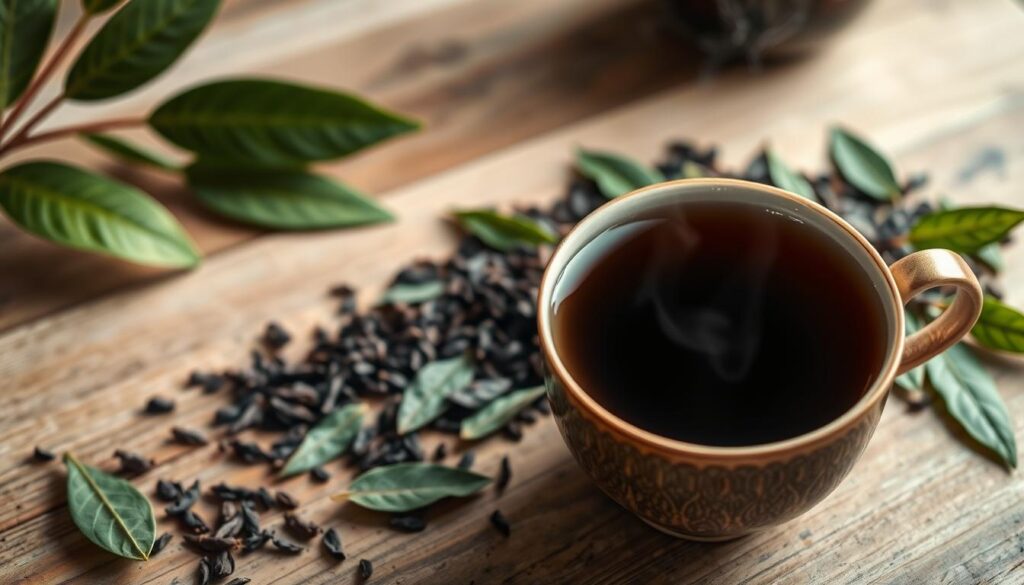

Black Tea Caffeine Amount vs Coffee
The debate over black tea caffeine vs coffee often centers on the caffeine content comparison between the two beverages. While black tea generally contains less caffeine, it still offers a satisfying boost. A standard cup of coffee typically boasts about 95 mg of caffeine, in contrast to black tea’s average of 40-70 mg. This notable difference can influence your choice based on your caffeine needs.
When considering flavors, black tea presents a range of notes from malty to fruity, while coffee tends towards richer, roasted profiles. Each drink carries unique health impacts. Studies suggest that moderate coffee consumption may lower the risk of certain diseases, while black tea is known for its antioxidants, which can promote heart health. Understanding these flavors and health impacts can help you select the beverage that aligns best with your lifestyle.
Is Black Tea High in Caffeine?
Many people love black tea for its rich taste and health benefits. You might wonder, is black tea high in caffeine? Knowing how it compares to other caffeinated drinks helps you understand your caffeine intake.
Examining Misconceptions about Caffeine Levels
Some think all teas have a lot of caffeine. But, black tea actually has less caffeine than coffee. Let’s look at the caffeine in popular drinks:
| Beverage | Average Caffeine Content (mg per 8 oz) |
|---|---|
| Coffee | 95 |
| Black Tea | 40-70 |
| Green Tea | 20-45 |
Black tea’s caffeine varies but is less than coffee. If you want a drink with some caffeine, black tea is a good choice. Whether you’re sensitive to caffeine or not, black tea’s caffeine level depends on your taste.
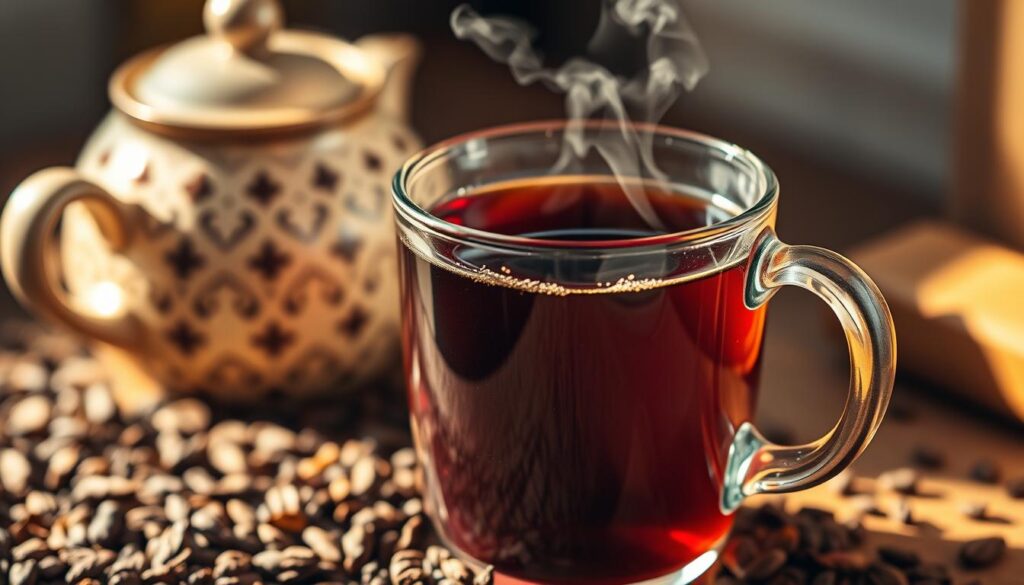

Knowing these facts helps you choose your tea wisely. Black tea’s caffeine level lets you enjoy it without worrying about too much caffeine. It’s a great choice for energy or just to relax.
Decaffeinated vs Regular Black Tea
Exploring black tea means knowing the difference between decaf and regular. Decaf black tea has most caffeine removed, keeping flavor but less caffeine. This is great for those who can’t handle much caffeine.
The Process of Decaffeination Explained
Decaf black tea is made using methods like carbon dioxide or water extraction. The carbon dioxide method picks out caffeine, keeping other oils. Water extraction uses water to remove caffeine, then adds back the good stuff. Both methods try to keep the tea’s taste and quality, but with less caffeine.
How Decaffeinated Tea Compares in Flavor
Decaf black tea tastes similar but might be a bit different. Regular tea’s caffeine makes it taste richer and more complex. Decaf tea can be smoother and less strong. Some like it, others miss the boldness.
How to Make the Perfect Cup of Black Tea
Making the perfect cup of black tea needs focus on brewing time and water temperature. These factors greatly affect the tea’s caffeine and taste. Knowing them can make your tea-drinking better and find the perfect balance.
Influence of Brewing Time on Caffeine Content
The time you steep black tea is key for flavor and caffeine. Steeping longer means more caffeine. Aim for 3 to 5 minutes for a good balance.
For a stronger tea, steep longer. For a milder taste, steep less. Try different times to find your favorite.
Suggested Water Temperatures for Optimal Flavor
The water’s temperature also matters a lot. The best temperature is between 200°F and 212°F. Water that’s too cold makes weak tea, and too hot makes it bitter.
Let the water boil fully before pouring it on the tea. This way, you get the best flavors from black tea.
Conclusion
Knowing about black tea’s caffeine content helps you choose better drinks. We’ve looked at how caffeine levels change in black tea. This includes different types and how you brew them, compared to coffee.
Exploring various black teas can meet your caffeine needs while offering great tastes. This shows how different teas can suit your caffeine preferences.
When trying new teas, think about your health and how sensitive you are to caffeine. Each cup can be a refreshing and energizing treat. Black tea is a great choice because it balances taste and caffeine well, making it perfect for any time.
By paying attention to what you like, you can find the best black tea for you. So, dive into the world of black tea and enjoy every sip that energizes your day.

